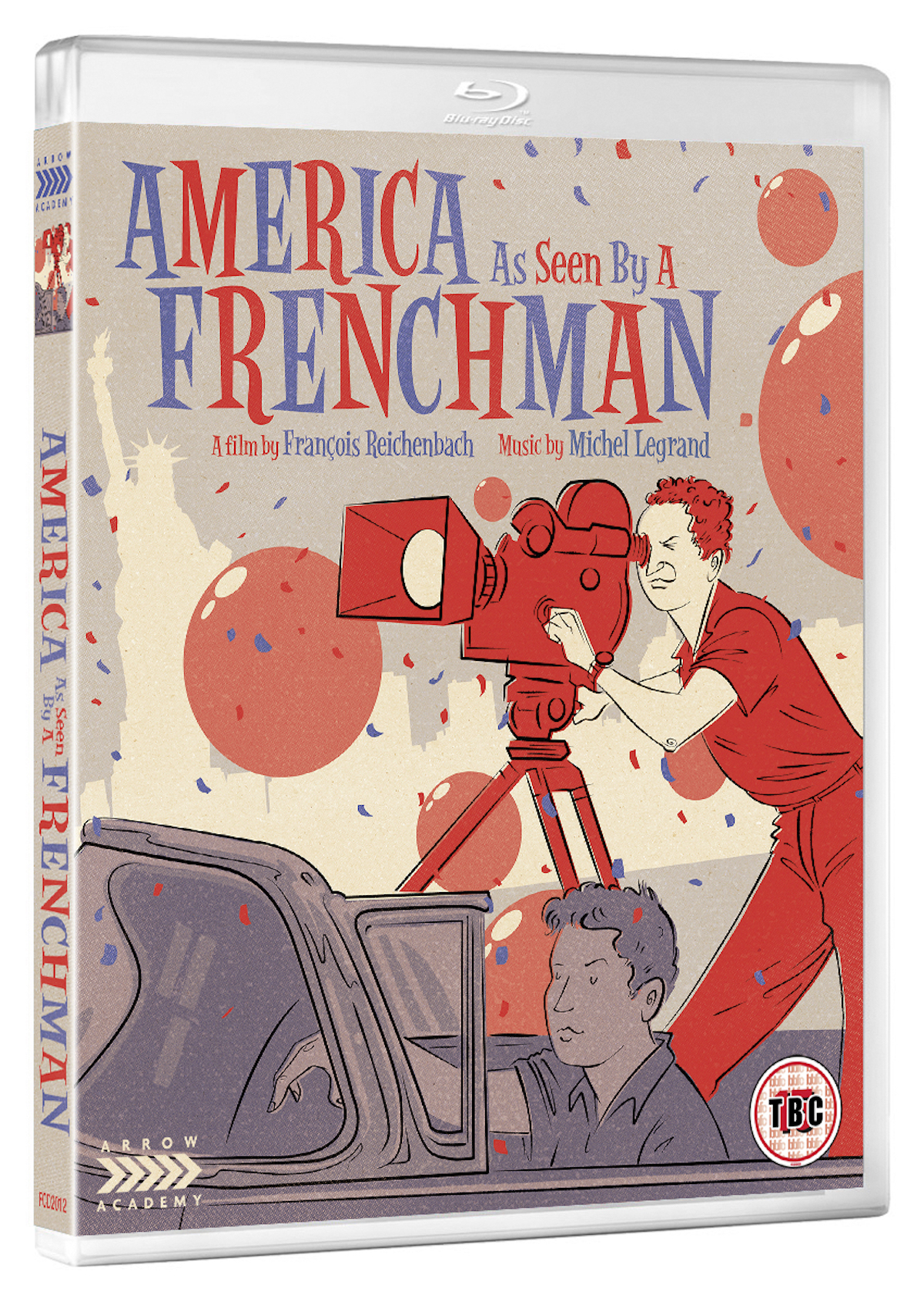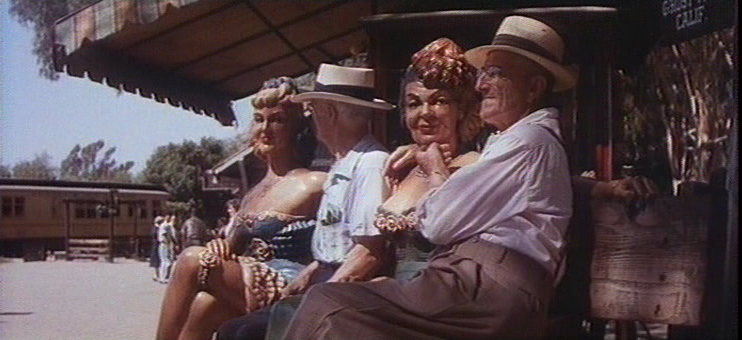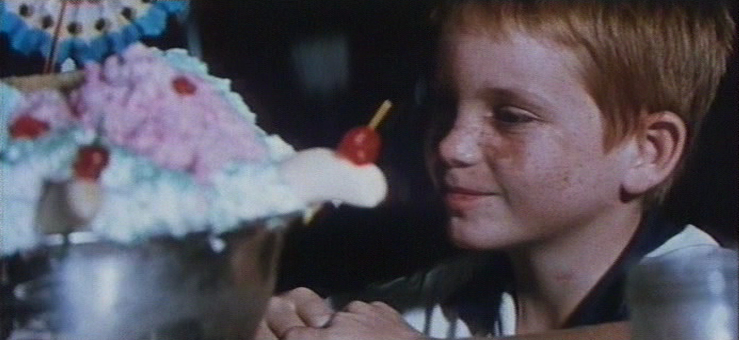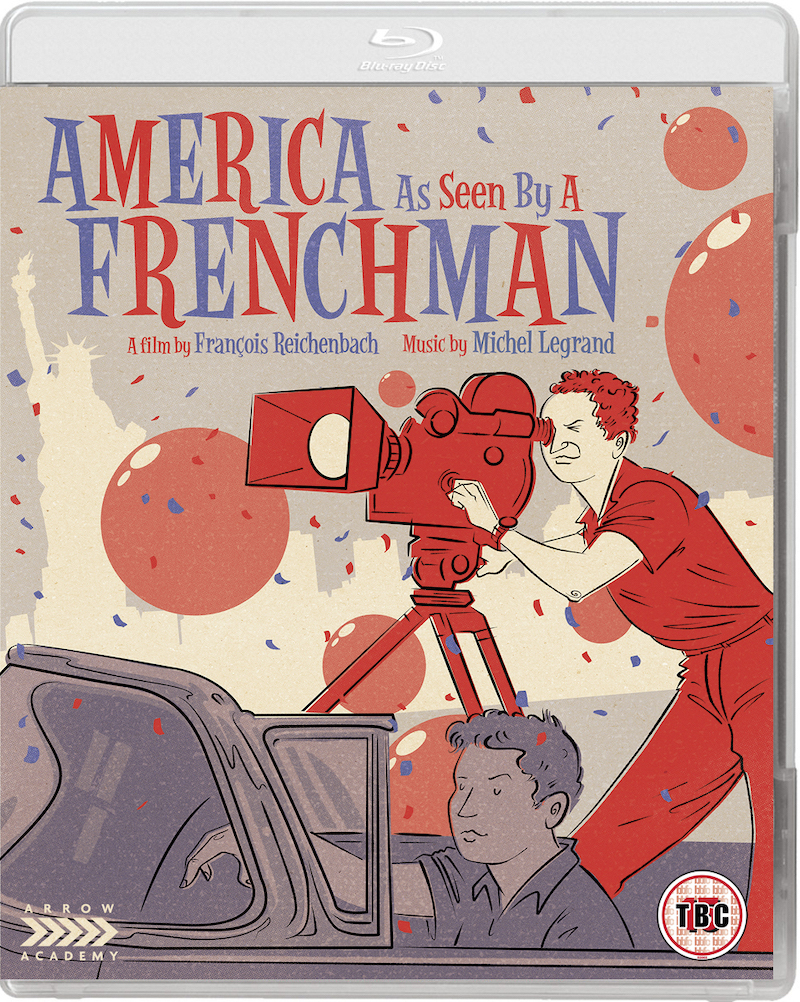AMERICA AS SEEN BY A FRENCHMAN (1960)
A 1960 French documentary film directed by François Reichenbach about his travels around the USA.

A 1960 French documentary film directed by François Reichenbach about his travels around the USA.


By the end of the 1950s, Europe had rebuilt after WWII and the United States had cemented its place as the world’s sole global superpower. An economic boom and cultural revolution followed suit, changing the world as we know it, during a long-gone and often overly romanticised era. It was on the cusp of this decade of decadence that French documentarian François Reichenbach travelled to the US on an 18-month long adventure, documenting his findings and insights into everything from prison rodeos to the birth of mass consumerism.
American as Seen By a Frenchman, originally entitled L’Amérique insolite (Unusual America), is exactly what it sounds like. It offers a snapshot in time of the vast and diverse landscape and populations of America with a French sensibility, its use of jump-cuts and handheld cameras lending itself to the French New Wave. Yet, it is often naive in its view of this foreign land, like a child mesmerised by their magical surroundings and blissfully ignorant to America’s darker underbelly.

For this it can be forgiven, as the more disturbing elements of US culture wouldn’t fully come to light until later in the decade when the Vietnam War became hopeless, Richard Nixon entered the White House, and the likes of LSD-fuelled Hunter S. Thompson turned everyone’s rose-tinted view of America on its head. Indeed, many parts of this documentary’s portrayal of the stranger aspects of American life are accompanied by the cynical yet whimsical postmodernist commentary of Jean Cocteau; one particularly ironic scene is one in which Cocteau mocks tourists for living through the lens of their fancy new Kodak cameras. Human behaviour hasn’t changed too much, it would seem! The technology just got better.
Shots of dilapidated buildings and car wrecks filling lakes offer a more depressing view of capitalism, at a time when it was being celebrated in the post-war golden era, which sharply contrasts with the film’s more fanciful view of the advertising industry: a white man’s playground to be as creative as possible in order to make sales (à la Mad Men). Contradictions like this make the film at times feel incoherent, yet it’s the documentary’s lack of direction which allows it to be more playful.

“Every night, dozens of kids file through here,” Cocteau commentates as the French filmmakers watch baby-faced tough guy teens—perhaps taking after James Dean’s Rebel Without a Cause (1959)—in a police lineup in Texas. “In the eyes of the American creed, they all have the vices. Laziness, brutality and, worst of all, unhappiness. In their stubborn silence, they shout in the faces of their parents and teachers that all is not well, that life is not easy.” Something about this excerpt of American youth seems to precede the counterculture movement that would come that decade, but also the aimlessness and apathy which would follow upon its extinction.
These interpretations of the foretelling of things yet to come may be hard to avoid for modern audiences, yet the film ultimately paints a positive portrait of America during those post-war boom years. Remove some of the cynical commentaries, and we might even have a film Donald Trump would see as being the US needs to get back to. The inhabitants of America as Seen By a Frenchman are often driven by nostalgia, and it’s difficult to view this film today through any other lens.
Perhaps the most pleasing aspect of this documentary is the way in which is both celebrates America’s diversity without ignoring its more bizarre characteristics. The filmmakers entered the US through the Golden Gate Bridge and leave it by air, 18-months later, and in the process created a film which is as close as one can get to experiencing America at the start of one its most important decades.
FRANCE | 1960 | 90 MINUTES | 2.35:1 | COLOUR | FRENCH



director: François Reichenbach.
writers: Chris Marker & François Reichenbach.
voices: Paul Klinger & June Richmond.

